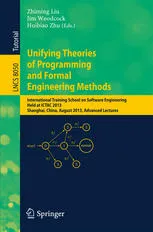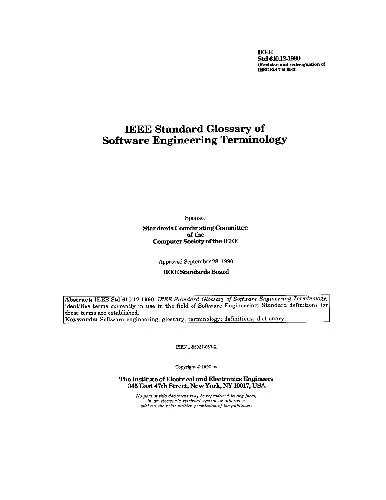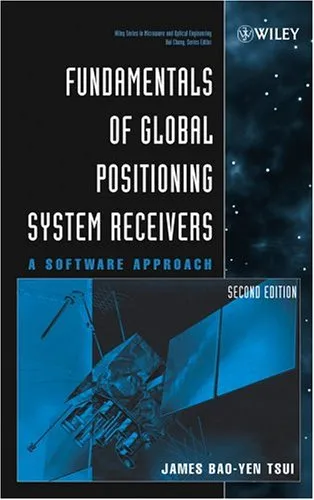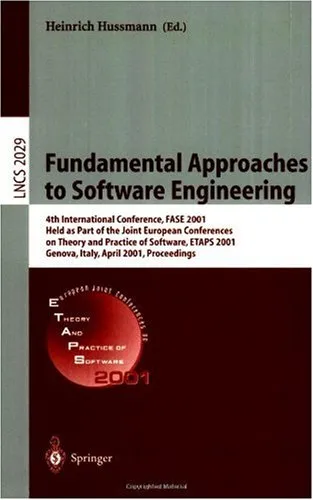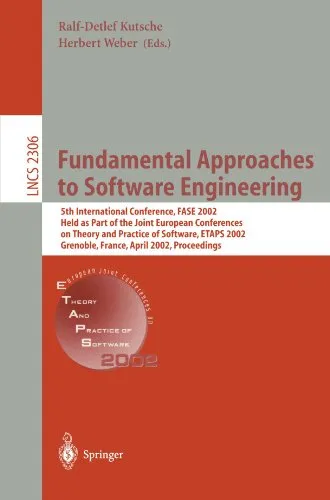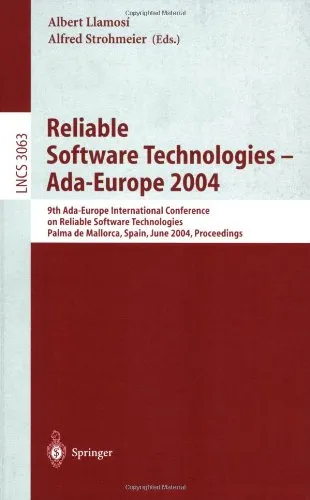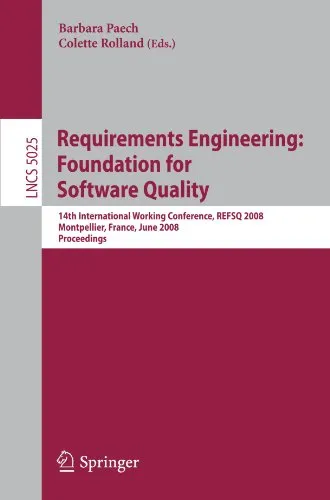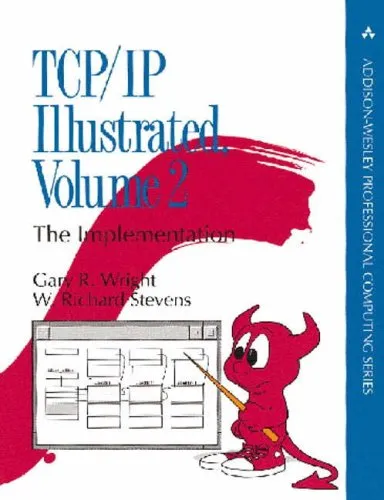Implementing the IEEE Software Engineering Standards
4.0
Reviews from our users

You Can Ask your questions from this book's AI after Login
Each download or ask from book AI costs 2 points. To earn more free points, please visit the Points Guide Page and complete some valuable actions.Related Refrences:
Introduction to "Implementing the IEEE Software Engineering Standards"
"Implementing the IEEE Software Engineering Standards" serves as a practical guide for software engineers, project managers, and organizations committed to developing high-quality software systems aligned with internationally recognized standards. This comprehensive book bridges the gap between theory and practice, providing readers with actionable insights and methodologies to implement and adhere to the IEEE standards effectively within their software development lifecycle. Its primary focus is enabling consistency, reliability, and measurable outcomes in software engineering practices.
Detailed Summary of the Book
Adopting the IEEE Software Engineering Standards can feel overwhelming, given the intricate technicalities and rigorous guidelines involved. This book demystifies the standards by offering a systematic approach to their implementation, tailored for both seasoned professionals and newcomers to the field.
The book begins by providing foundational knowledge about the IEEE (Institute of Electrical and Electronics Engineers) and its role in shaping global industry standards. It introduces the core set of IEEE Software Engineering Standards, detailing their significance in fostering interoperability, reliability, and maintainability in complex systems. Readers are guided through key concepts of software quality, lifecycle processes, and the analytical frameworks defined by IEEE standards.
As the chapters progress, the book dives into the practicalities of implementation, featuring step-by-step strategies to integrate these standards into an organization's development pipelines. Topics such as requirements engineering, design models, documentation best practices, and validation/testing processes are thoroughly examined with examples, case studies, and checklists for real-world application. This ensures readers can internalize the methodologies and immediately apply them to active projects.
Furthermore, distinct focus areas like risk management, configuration management, and the ethical responsibilities of software engineers are interwoven throughout the text to emphasize the holistic nature of software engineering under the IEEE framework. Understanding how to balance standardization with unique project needs is a recurring theme, making the book a valuable resource for software professionals aiming to achieve compliance, enhance efficiency, and maximize project outcomes.
Key Takeaways
- Comprehensive breakdown of IEEE Software Engineering Standards and their practical applications.
- Clear guidance on implementing standards across various development lifecycle stages.
- Strategies for balancing compliance with flexibility to meet project-specific needs.
- Insights into improving software quality, reducing risks, and ensuring maintainability.
- Includes real-world case studies and actionable templates for professionals.
Famous Quotes from the Book
"Standardization, when embraced correctly, is not a constraint but a catalyst—enabling organizations to scale their ambitions while enhancing reliability."
"The IEEE Software Engineering Standards provide not just a framework but a shared language, allowing teams to align their goals and work cohesively across geographies, disciplines, and industries."
"Quality is not a byproduct; it is engineered from the ground up through discipline, process, and a commitment to standards that benefit not just the project but the people behind it."
Why This Book Matters
Software engineering is at the core of nearly every modern industry. With the increasing complexity of systems and the critical role software plays in our lives, ensuring its quality, reliability, and safety has never been more important. The IEEE Software Engineering Standards represent decades of collective wisdom, offering developers a proven roadmap to create systems that stand the test of time.
This book matters because it translates these standards into accessible principles and practices that any organization, regardless of size or maturity, can adopt. By addressing common challenges head-on—such as ambiguity in requirements, unmanaged technical debt, or inconsistent testing protocols—this book empowers readers to implement standardized processes that not only comply with industry frameworks but actively elevate their software's overall quality.
Moreover, the text's focus on real-world application ensures its relevance beyond theoretical discourse. It provides actionable tools to mitigate project risks, enhance team collaboration, and achieve deliverables more effectively. As the software engineering field continues to evolve, this book stands as a cornerstone reference for anyone seeking to ensure their projects are both future-proof and standards-compliant.
In summary, "Implementing the IEEE Software Engineering Standards" bridges the gap between knowledge and execution, offering software professionals a vital resource to excel in their careers and contribute meaningfully to their organizations' success.
Free Direct Download
You Can Download this book after Login
Accessing books through legal platforms and public libraries not only supports the rights of authors and publishers but also contributes to the sustainability of reading culture. Before downloading, please take a moment to consider these options.
Find this book on other platforms:
WorldCat helps you find books in libraries worldwide.
See ratings, reviews, and discussions on Goodreads.
Find and buy rare or used books on AbeBooks.
1484
بازدید4.0
امتیاز0
نظر98%
رضایتReviews:
4.0
Based on 0 users review
Questions & Answers
Ask questions about this book or help others by answering
No questions yet. Be the first to ask!











